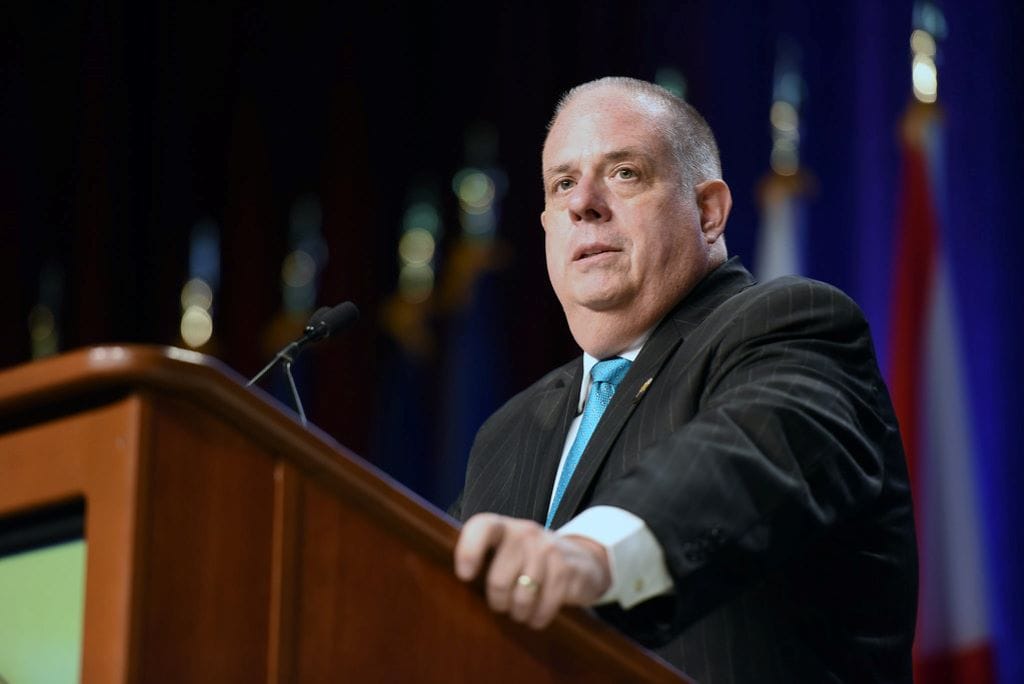Verizon Faces FCC Fine, Google Proposes Separating Ad Unit, Winners of Maryland Broadband Funding
Verizon is facing a fine for allegedly violating accessibility law.

July 12, 2022 – The Federal Communications Commission’s enforcement bureau proposed last week a fine of $100,000 against Verizon Wireless for allegedly violating its obligations to provide information regarding the company’s accessibility to persons with disabilities.
The Twenty-First Century Communications and Video Accessibility Act of 2010 is a law that ensures people with disabilities have access to technology innovations. As part of the CVVA, companies are required to meet certain accessibility guidelines.
In December, an individual filed a complaint against Verizon Wireless, alleging the company’s Premium Visual Voicemail service was not accessible to people with disabilities.
In February, the FCC sent of letter of inquiry requesting information and documentation regarding the voicemail service to help resolve the complaint. In response, Verizon, according the FCC report, failed to provide the bureau with information that it requested in the letter. The bureau found that Verizon violated its obligations to fully respond to inquiries in the CVVA and was therefore issued a fine of $100,000.
Google proposes breaking up company to please regulators
Google is proposing to split off parts of its business that places ads on websites into a separate business unit to appease the Department of Justice and its possible antitrust lawsuit, according to a Friday report from the Wall Street Journal.
As part of this proposal, Google would restructure the company’s division that manages ad placement, but it would remain under the company’s parent company Alphabet Inc.
The Department of Justice has been investigating Google on allegations that it is perpetuating anticompetitive behavior in the digital advertising industry. It is currently preparing a lawsuit against anticompetitive practices.
In October 2020, the Department sued Google, alleging that it was maintaining a monopoly through illegal practices. More recently, Google has come against charges in the European Union which found Google guilty of abusing its position as a dominate search engine. It is also facing several other suits, accusing it of maintaining a monopoly.
A bipartisan bill introduced in May called the Competition and Transparency in Digital Advertising Act proposes to prevent companies from participating in advertising transactions exceeding $20 million per year. If passed, Google’s ad-tech division could be forced to split.
Comcast, Charter among winners in Maryland broadband funding
Maryland Governor Larry Hogan announced Monday winning applicants of the state’s Connect Maryland initiative, which includes more than $127.6 million in grants to internet service providers.
The winners included Comcast, Charter Communications, Shentel, and Breezeline. Comcast was awarded two grants totaling over $17 million for broadband builds in Baltimore and Charles counties. Shentel and Charter received awards of over $8 million each for builds in Frederick and Somerset counties. This follows Charter’s award last month of nearly $50 million for Kentucky counties.
The Connect Maryland initiative adds funds to the states’ existing programs, Neighborhood Connect Broadband Funding Program and Maryland Emergency Education Relief, which fund broadband projects across the state.
“Last summer, we supercharged our broadband investment with the launch of Connect Maryland, for a total new investment of $400 million for the expansion of broadband access, and to fully address the digital divide for everyone all across our state,” Hogan said in a statement. “As a result of these efforts, broadband is now available to well over 95% of Marylanders.”










